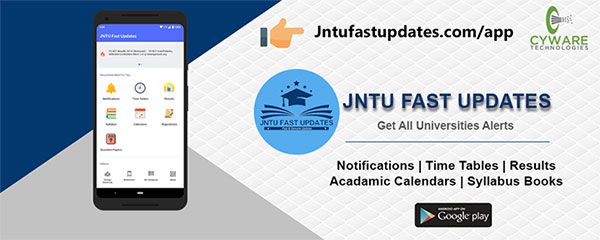How Crack Group Discussion (GD) in an impressive way

About Group Discussion (GD):
Group Discussion is a process where exchange of ideas and opinions are debated upon. This process is mostly used for selecting candidates to job or for admission to management schools basically for MBA.
At Present Group discussion is a new trend that has come up in order to evaluate student personality. A group of participants are made to discuss on a topic or subject for a limited time and then assessed accordingly. It is a chance for you to be more vocal.
A typical GD comprises of a small group of candidates. Each group is then given a topic for discussion. The topic can be general or specific. Example: “Educational qualification for Politicians “.
Frequently asked Group discussion (GD) topics in interviews
Remember to take a stand during the discussion. It is not necessary that you conclude by a positive or a negative viewpoint, but to summarize the discussion well and being neutral gives you an edge over others. The candidates are given a time limit for discussing this topic (maximum 10 min). Each participant has to give his or her views about this topic (given topic). The panelists are there to judge the discussion. After the time limit is over, the best candidate from the group is selected. The same process is followed for other groups also.
There are a lot of advantages of a group discussion:
1. It helps to shed away the shyness of a candidate and brings his viewpoint amidst all.
2. It stimulates to think in a different, new way.
3. It helps the candidate in understanding his/ her own strengths and weaknesses.
4. It acts as an aid in expansion of the knowledge of the participant.
5. It helps to analyse the social or economic issues more logically.
But, let us first have a glimpse of how to perform well in a group discussion.
What skills are judged in group discussion?
- How good you are at communication with others.
- How you behave and interact with group.
- How open minded are you.
- Your listening skill.
- How you put forward your views.
- Your leadership and decision making skills.
- Your analysis skill and subject knowledge.
- Problem solving and critical thinking skill.
- Your attitude and confidence.
Do’s and Don’ts of Group discussion (GD):
Do’s:
Don’ts:
1. Lose your temper.
2.Shout. Use moderate tone and medium pitch.
3. Use to many Gestures when you speak.
4. Dominate the discussion.
5. Interrupt. wait for a speaker to finish what they are saying before you speak.
Top Tips for a Successful Group Discussion (GD):
Tips on GROUP DISCUSSION:

To help you better we have compiled a list of points that you should keep in mind while you participate in a group discussion.
Group discussions are an important part of the selection process for job or admission into a Business Schools (B-schools) of your choice. You have passed the intelligence test, with GD, your oratory and communication skills along with your problem solving skills will be tested.
The following important point's that you should keep in mind:
1. Be as natural as possible. Do not try to be someone you are not. Be yourself. In an attempt to be someone else, your opinions will not be portrayed.
2. Sit with a straight and confident posture.
3. Be assertive yet humble. You need to stick to your values and beliefs, but learn to respect the values and opinions of others too.
4. Grab the opportunity to speak first, i.e. to start the group discussion with your opinion. It generally leaves a good impression on the evaluator, but take the move only if you have complete knowledge of the subject.
5. Do not repeat a point, or be lengthy or irrelevant. Also intervene, if someone else is going on an irrelevant track.
6. Facilitate contribution from others. Do not just go on and on and on with only your opinionated view. Remember, it is a group discussion. Allow others to speak too.
7. Make an eye contact with all the participants. It creates more room for conversation. Also keep nodding, when others speak, it shows receptivity.
8. Be an active and dynamic participant. The examiner wants to hear you speak. So do put forth your views.
9. Be positive and prepare your thoughts well but do not be over-confident.
10. Think well before you speak. You are being heard and judged upon.
11. When raising an objection to a point kept by another speaker, back it up with a solid reason to get the point across.
12. Use quotes, facts and figures, statements, everyday life examples to express a clear chain of thoughts. Also it might leave a good impression on the examiner and help you score well.
All the Best - Good luck!
Credits : www.indiabix.com

320-x100(1).gif)

Hiii.. Sir… We are.. Waiting for MBA 1st year_ 2ndsem results… Plz.. Inform us.. When it will releases